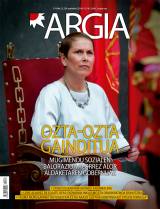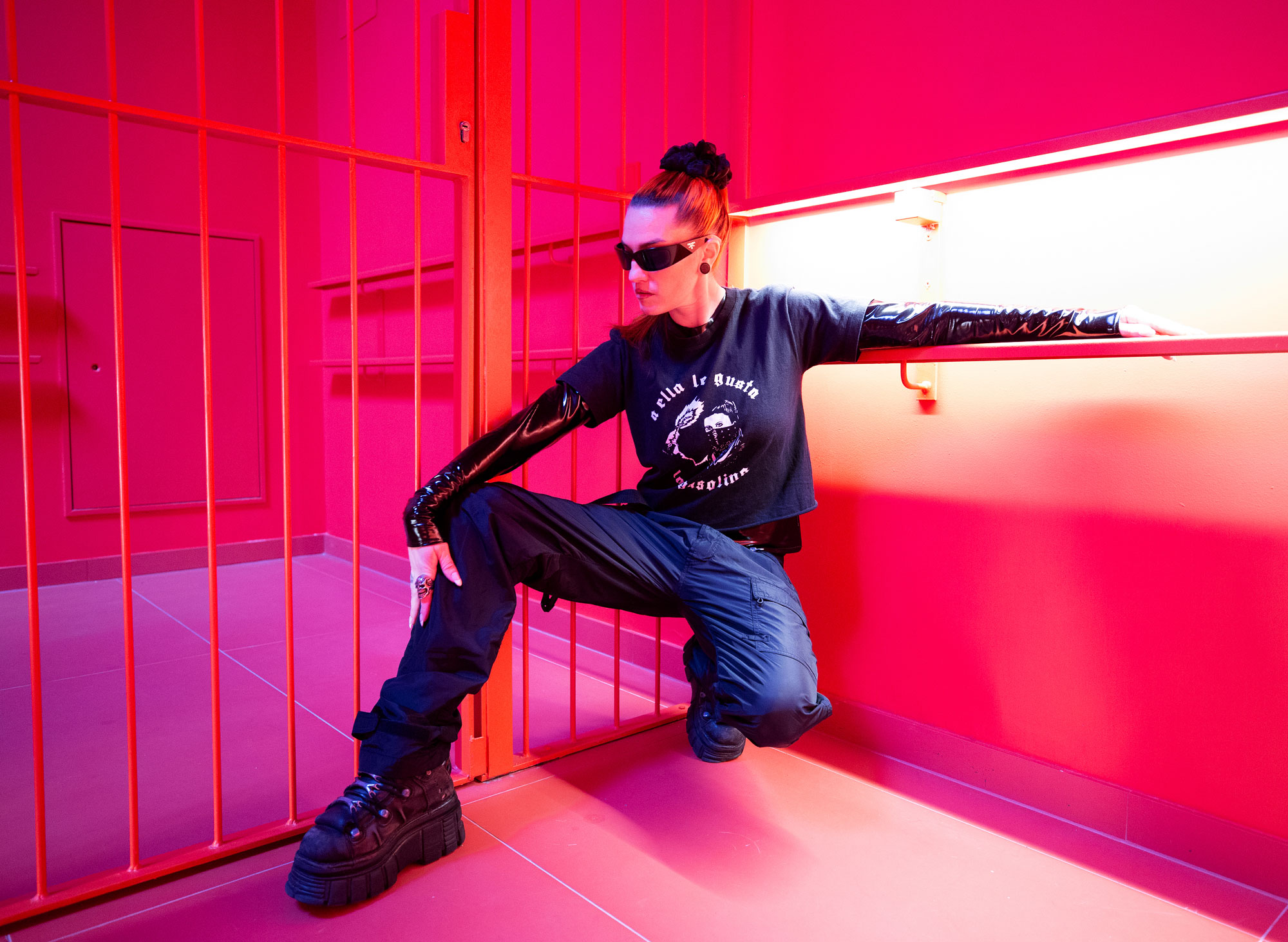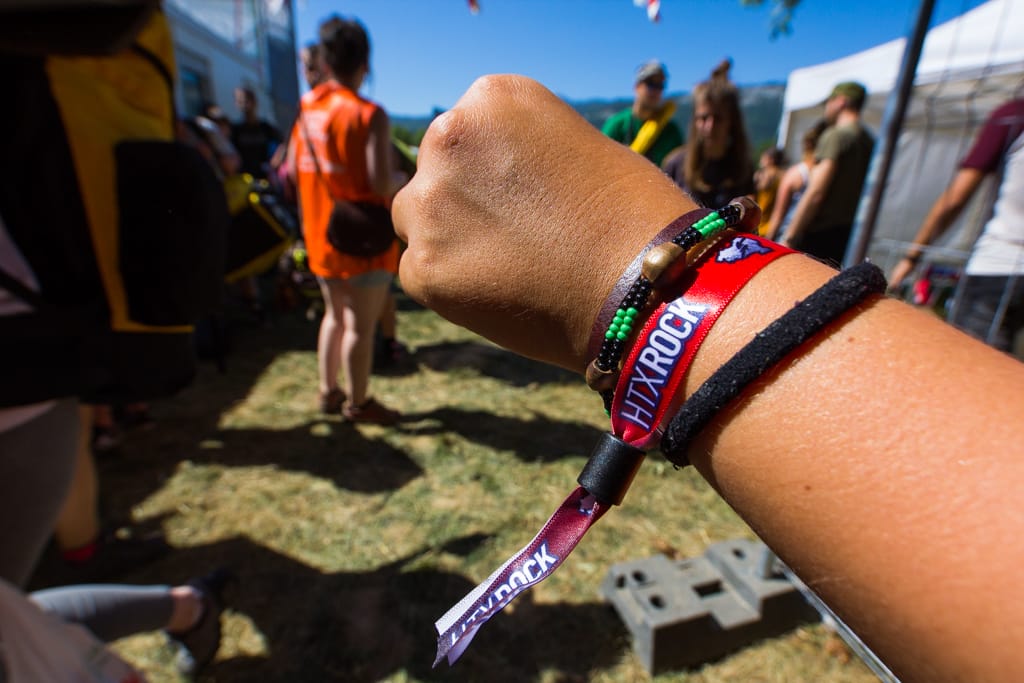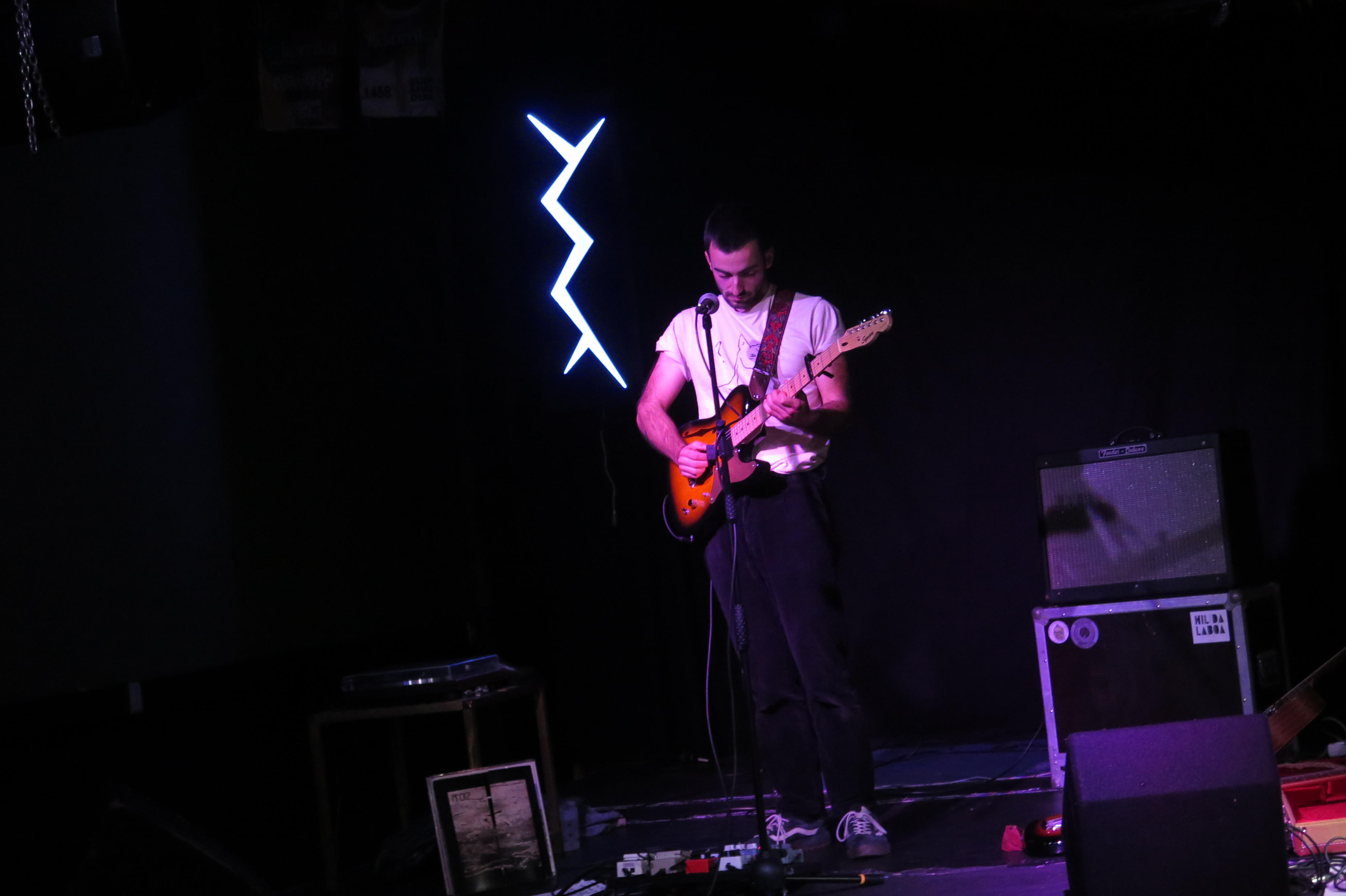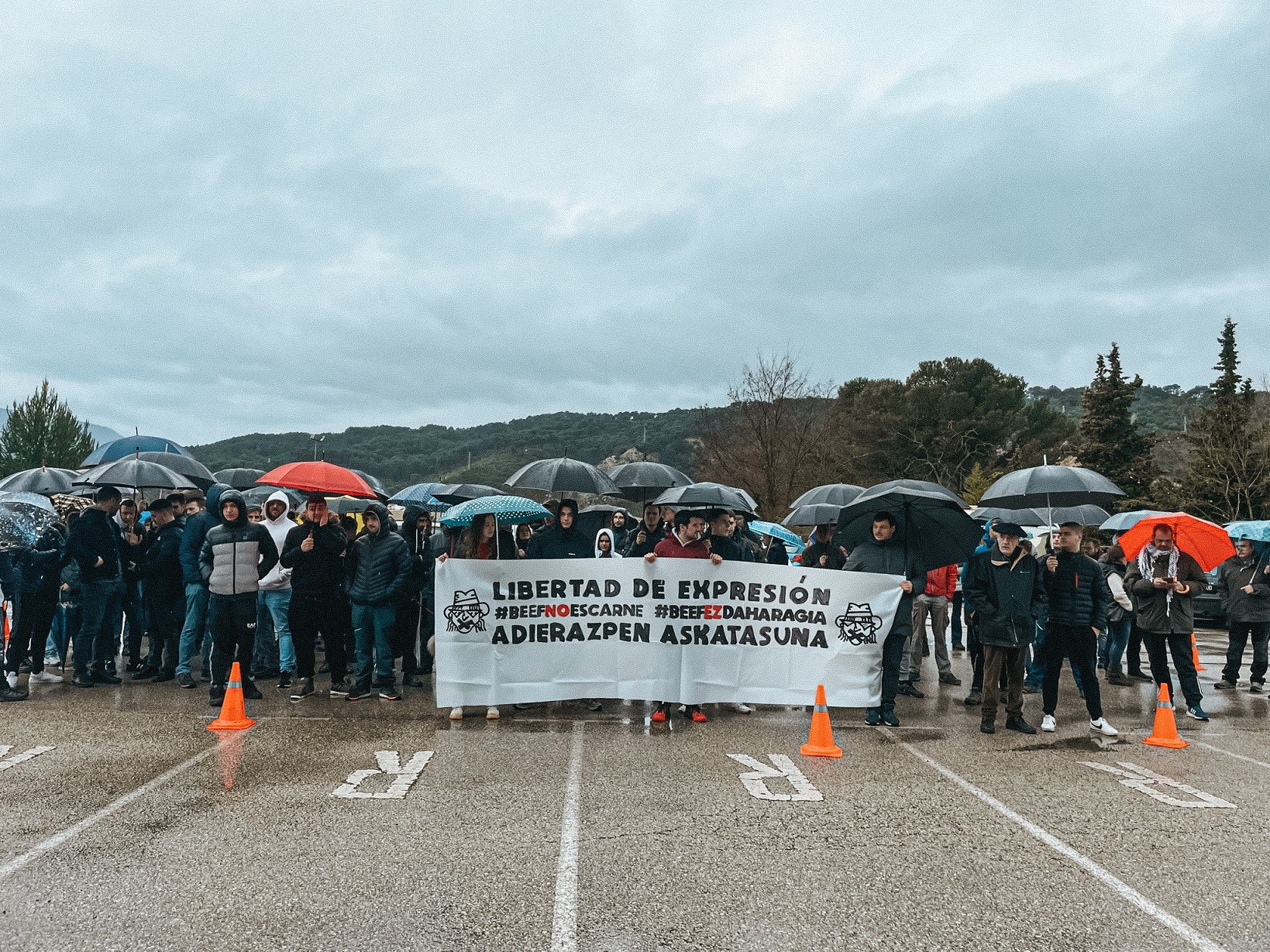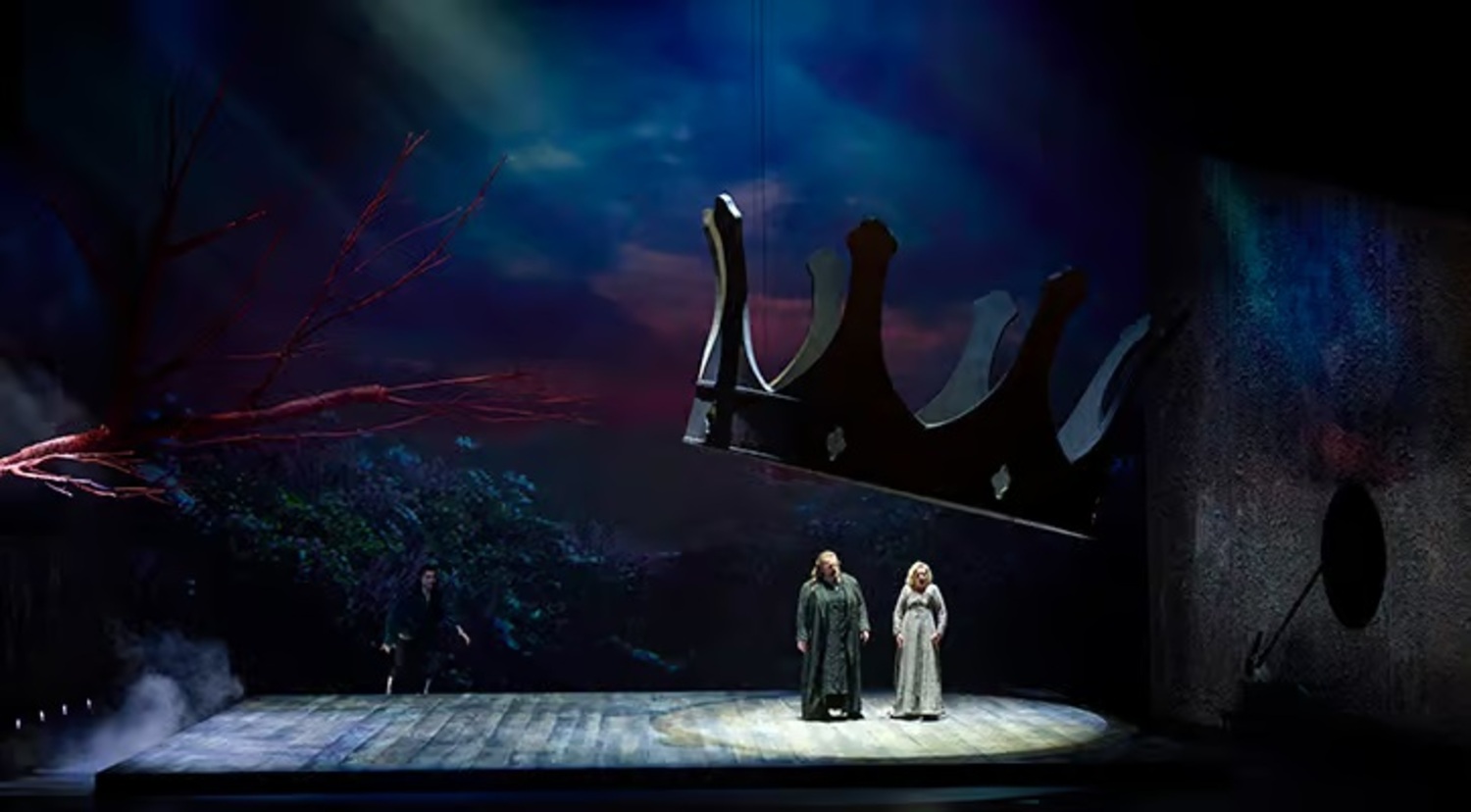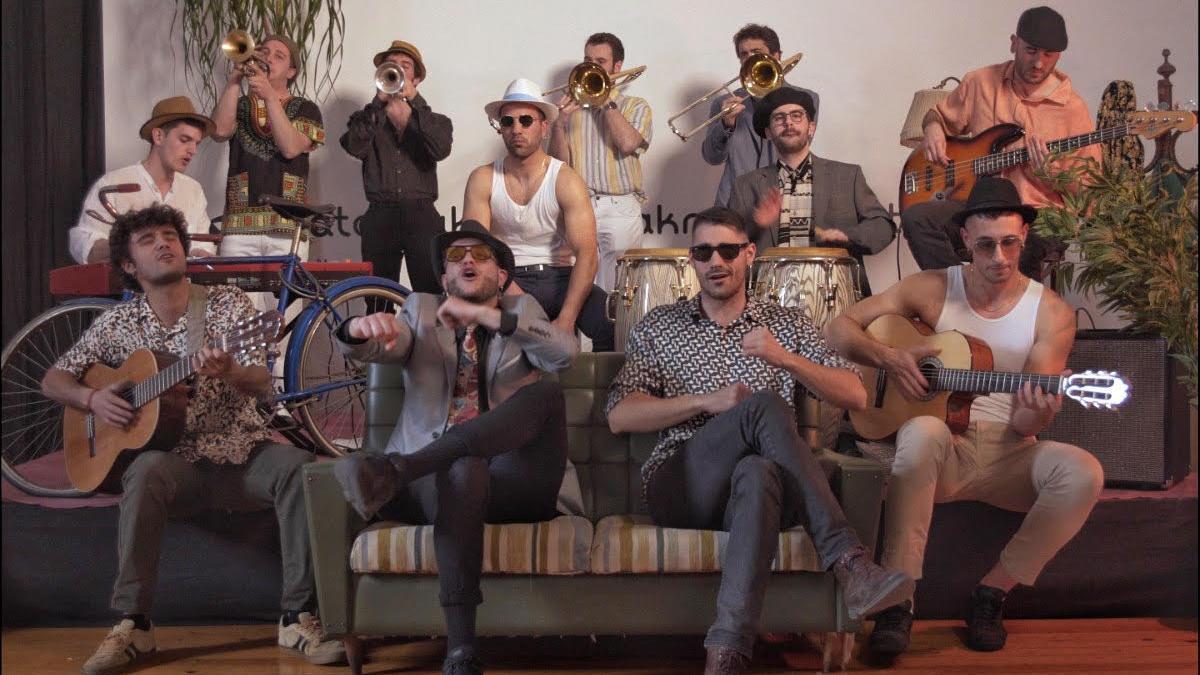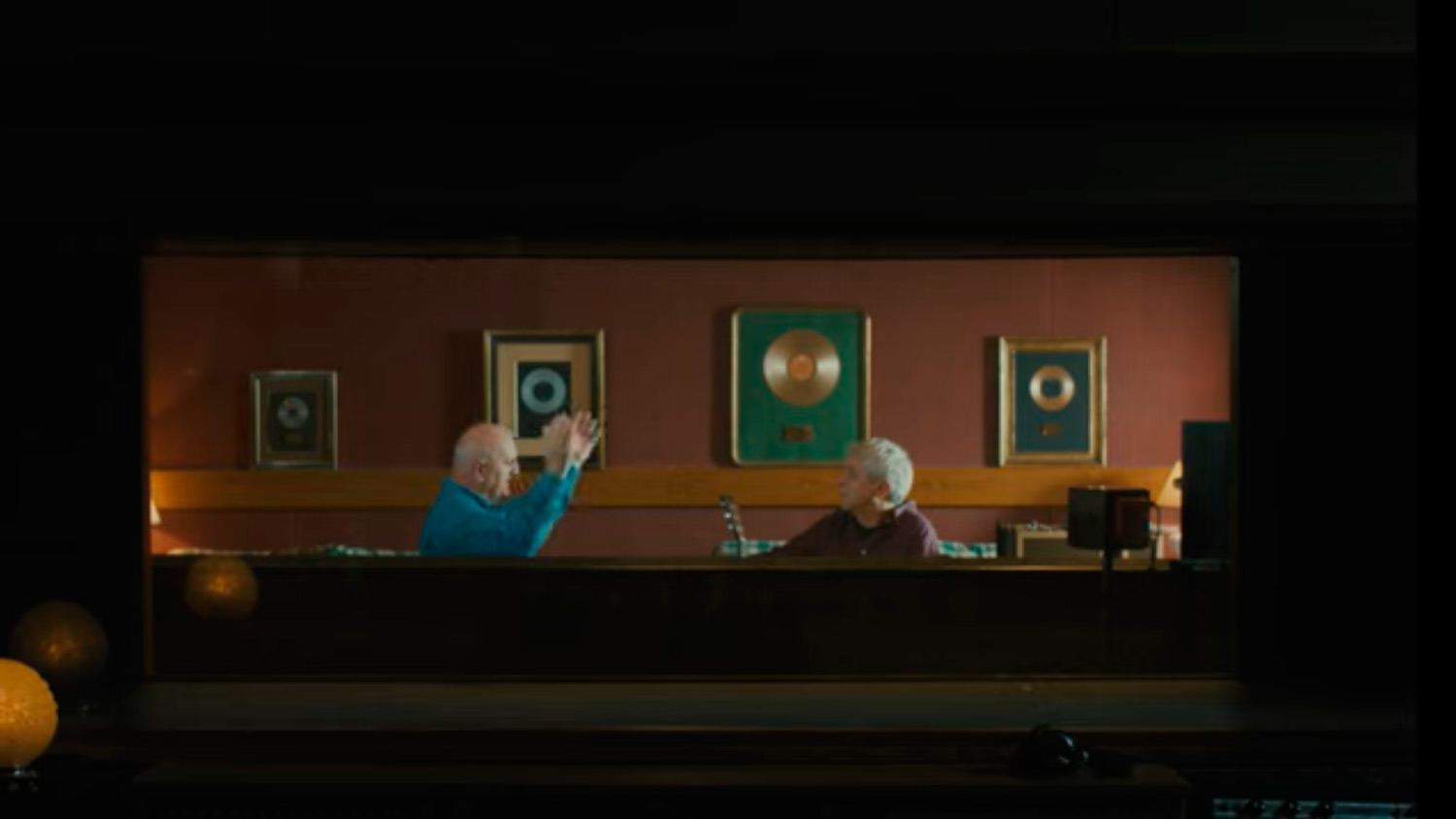Experimentation and free
- Turn off the lights and put music on. Dance, dance for many hours. The night becomes the time to join and release bodies with electronic music. Turn the music on and off. That's what happens at DJ sessions in the Parallel. The prejudices that have existed for a long time about electronics in the Basque Country are falling.

“In Euskal Herria there has always been an electronic culture, but rather invisible and stigmatized. When we started, here was nothing interesting to us in electronics, most of the time it was limited to big nightclubs, in an environment that's not ours. We would see a shortage, if we didn’t, nobody would.” It's been four years since Egoitz Pomares and Ekaitz Aiarzaguena started DJ sessions at the Parallel Katzak to fill that gap. In Katza’s words, the basic idea since its origins has been simple: “We were going to Madrid or Barcelona to see the artists we liked because they didn’t come here; we decided that maybe it was time to open such an opportunity here too.”
The Kafe Antzokia of Bilbao and the Dabadaba of Donostia-San Sebastián have been the spaces welcomed from the beginning. The Katza says that the Gipuzkoans do not go to Bilbao, nor the Biscayan ones to Donostia-San Sebastian, even to their nights, and that this is the main reason for the alternation of DJ nights in both cities. Katza is also Vizcain, and Pomares Guipuzkoan, each closer to the environment of each city. Thus, internationally renowned artists such as Hieroglyphic Being, Vladimir Ivkovic or Lena Willikens have been invited for the first time, among others. Almost always, giving the same space to contemporary local artists on the poster.
Free Style
In some places outside, Katza says there's a tendency to focus on a single style, like, for example, they just put techno music or house. It's not Paraleloan's night style. “We don’t put such a limit, everyone we bring will have a common element among them, but not so much in terms of styles. We wanted to promote longer nights more, two or three JS and dance music, non-commercial, more connected to the underground than to the music of big nightclubs.” Until today they have tried to wager on musicians who are very relevant at the moment, without giving such importance to the figures of yesteryear. And whenever possible, always working a certain balance between the experimental and the dancing.
With the road well broken, after almost thirty nights of organization, In Parallel some critics and fans of electronic music have considered it as a synonym of constancy and good taste, a risky proposal of great personality.
EKAITZ Aiarzaguena Katza
“In the waters of Basque culture electronic music has been related to the peripheries of cities, drugs, Castilian speaking environments”
Electronics in the Basque Country
It has been said that electronic music has not had the wind in favor in the Basque Country, at least outside the commercial framework, due to the influence of the Rock Radical Vasco. The Katz argues that, to reach the core of his reason, one can still talk about: “Many things have been stigmatized here. Now we are at another moment, but the same is happening with reggeton, for example. What in other countries has been a youthful or a bit radical culture, here has been seen differently.”
Katza and Pomares took their first steps as musicians in a rock scene that developed in Euskal Herria since the 1990s. The first played as a young man in a rock group and also used to host party concerts, while the second had a bond with Bidehuts. The Biscayan believes that they entered the field of electronics at a good time: “We felt that in the normal concert there was fatigue, that there was a desire to participate more actively in the parties, not only dancing, but that people were looking for other kinds of experiences.”
And they were invented, because in the last few years more and more people have been receiving electronics in the Basque Country. In addition to the parallels, Katza has set as an example the electronic initiatives carried out in the Dabadaba itself. In their view, at the moment people’s reception is much better than when electronic proposals began.
Transformative sense
Does electronic music have the capacity to influence society? Potentially, Katza says yes, reality is another thing that repeats itself. He explained this: “At the best moments of electronic music, around the 1990s, many collective experiences emerged around electronics. Music influenced, because music was a guiding thread for other things, to strengthen communities, to put different people in a room singing. We cannot forget that House emerged in black and homosexual music communities, for example. There’s a lot of rhetoric around this and in fact, it has a lot of potential, then on a normal Friday night, I don’t know what potential it has, but I don’t know to what extent a rock concert with political letters influences practice.”
Egoitz Pomares:
“In Euskal Herria there has always been an electronic culture, but rather invisible and stigmatized. We would see a shortage, if
we didn’t, nobody would.”
In parallel, one of the objectives throughout the sessions is, above all the segregating criteria, to put different people dancing in the same space, to wager on the common through music. But it's not the only one, it's also a hedonistic practice. “It’s absolutely legitimate that when you’ve been working all week, you get in a dark room and want to dance for many hours. This is also very vindictive and has not been very well seen in the Basque Country.”
In the waters of Basque culture, Katza believes that electronic music has been related to the peripheries of cities, drugs, Castilian speaking environments… In any case, he believes that the fact that this approach has become more and more pronounced in recent years opens up paths: “Not everything has to be rock and it doesn’t always have to be politically explicit, things can often be transformative as an experience, even without lyrics.”
Things aren’t easy in fact, and it will be for one reason or another, but lately I’ve bitten my tongue more than I should for these two things: the culture of the sold out and the FOMO – the latter perhaps has to be explained, because it’s not said so many times: the... [+]
Ultra
La Furia
Baga Biga, 2024
---------------------------------------------------------
Cascanteko La Furia-k bosgarren diskoa plazara atera du. Mimoz eta erraietatik, berarentzat funtsezkoak diren osagai horiekin, prestatu du honako pozima, pozoitsua eta aldi berean... [+]
EMEADEDEI + MAHL KOBAT
WHEN: February 2nd.
IN WHICH: In the youth center of Zuia, Murguía.
----------------------------------------------------
On September 20 of last year, we first heard about collective music in the profile of the social network they had just created:... [+]
Opera 'Tristan und Isolde'
Bilbao Symphony Orchestra. Directed by: Assisted by Erik Nielsen.
The Bilbao Opera Choir. Directed by: Assisted by Boris Dujin.
The stage director: To the Allex Eagle.
The soloists: I'm talking about R. Assisted by Nicholls, G. By Hughes Jones, M. The... [+]
Party and recreation. Oral History of Rock Radical Vasco
Javier 'Jerry' Corral
Books, 2025
------------------------------------------------
Javier Corral ‘Jerry’ was a student of the first Journalism Promotion of the UPV, along with many other well-known names who have... [+]
All
WHEN: January 18th.
IN WHICH: Jimmy Jazz of Vitoria-Gasteiz.
----------------------------------------------
I have a question in my mind lately: how much do things change in 30 years? Yes, reader, you guessed it: I’ve just turned three decades old. It will be a... [+]
Itoiz, udako sesioak filma estreinatu dute zinema aretoetan. Juan Carlos Perez taldekidearen hitz eta doinuak biltzen ditu Larraitz Zuazo, Zuri Goikoetxea eta Ainhoa Andrakaren filmak. Haiekin mintzatu gara Metropoli Foralean.
Sawdust
Olaia Inziarte
Panda, 2024
-------------------------------------------
Fourteen songs written during the Depression. Olaia Inziarte presented it in the first late night in Basque that can’t be mentioned now. The bru-ta-la piece Sawdust opens the disc. A jazz... [+]









